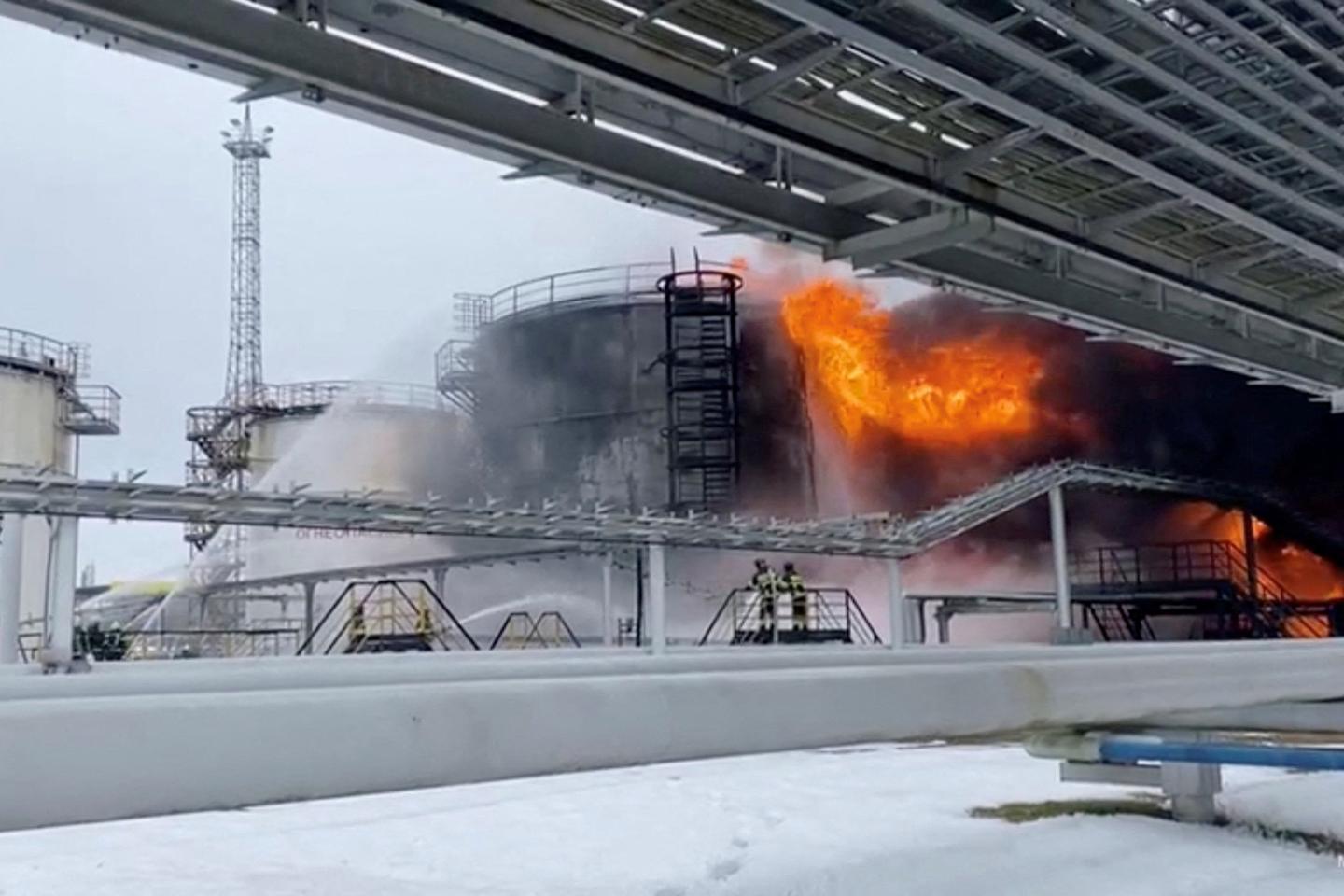


Since its outbreak in February 2022, the Russian-Ukrainian war has disrupted energy dynamics on a global scale. The West has gradually freed itself from its dependence on Russian gas. Europe imports practically none, plummeting from 1,500 terawatt-hours annually before the war to now less than 250 terawatt-hours. Russian gas has largely been replaced by liquefied gas imports, mainly from the United States. Europe has also abandoned Russian oil products, which have found other markets, such as India and China.
While the war remains militarily uncertain, it has already produced winners and losers. Europe is now on the losing side. It has paid a heavy price for weaning itself off Russian gas. From 2022 to early 2023, gas prices even exceeded €200 per megawatt-hour. Even if current prices seem to be stabilizing at around €30 per megawatt-hour, this is still twice as expensive as before the war, and three times as expensive as in the US.
In contrast, the US is on the winning side thanks to 15 years of investment in hydraulic fracturing and an extremely innovative gas industry that has helped it exploit immense shale gas reserves. This has enabled the US to achieve virtual energy sovereignty, coupled with lower domestic gas prices, which in turn benefit its industry. The US also became the world's leading exporter of liquefied gas in 2023, overtaking Qatar and Australia, with an export volume of 1,400 terawatt-hours.
Initially, the war in Ukraine paradoxically benefited the Russian energy sector, from 2022 to the first months of 2023. By 2024, however, this will probably no longer be the case. Prices have fallen significantly, and Russia has only been able to find other markets for a small proportion of the gas it usually supplied to Europe, due to a lack of adequate transportation infrastructures.
Oversupply
When it comes to Russian oil, Western sanctions have been only moderately effective. Using a fleet of old tankers to circumvent sanctions, Russia has found other markets for its oil. Eventually, Russia too will find itself on the losing side. By imposing an energy blackmail on Europe, which it will not easily forget, Russia has inflicted a heavy economic handicap on itself in the very long term. The future is uncertain: Russian oil and gas revenues fell by 24% in 2023.
And yet, despite those economic and geostrategic upheavals, Russia's energy infrastructure, and particularly its oil industry, have until recently suffered few attacks from the Ukrainians. Yet such attacks could dry up Russia's war funding. This industry is vulnerable because of its vast surface area. With its highly effective combat drones, Ukraine could, for example, easily attack the Russian Black Sea port of Novorossiysk, home to the Sheskharis oil terminal, which enables Russia to export 1.5 million barrels a day.
You have 55% of this article left to read. The rest is for subscribers only.
